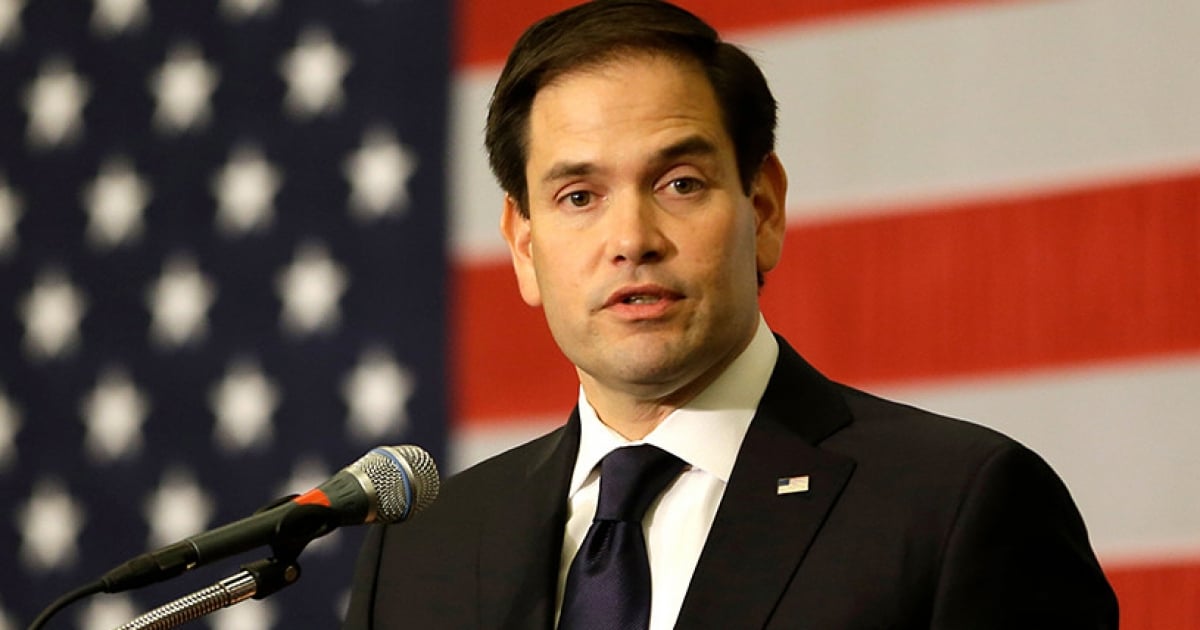U.S. Secretary of State Marco Rubio has expressed his approval of the United Nations Security Council's resolution that backs a path to peace between Ukraine and Russia. Rubio emphasized in a prominent statement that genuine and committed leadership is vital to solving global issues, viewing this agreement as a significant step toward ending the conflict.
"We are dedicated to ending this conflict and restoring the United Nations' core mission: to maintain international peace and security," Rubio proclaimed in a social media post. In another dialogue with Michael Boyle (@MBoyle1), the Cuban-American reiterated the necessity of a definitive and sustainable conclusion to the war. "The war between Russia and Ukraine must end. It must end in a way that is enduring," Rubio stated.
Rubio's comments refer to the UN Security Council's adoption of a resolution on Ukraine, which received support from Russia. However, it sparked controversy as it did not include any criticism of Moscow's aggression on the third anniversary of its invasion. The resolution was backed by ten countries, including Russia, China, and several African and Asian nations, while five European countries abstained, and both France and the United Kingdom opted not to use their veto power.
Acting U.S. Ambassador Dorothy Shea described the resolution as a historic agreement, though she did not mention that countries rejected several U.S.-proposed amendments and managed to include some pro-Ukraine amendments. Despite some corrections to the morning's U.S. proposal setbacks later in the day, the situation highlighted the differences between the United States and its European allies. These differences are part of broader tensions, including disputes over tariffs, territorial claims (such as Greenland), and Washington's political interventions in various European countries.
UN Security Council and Ukraine Conflict Resolution
What was the main focus of the UN Security Council's resolution on Ukraine?
The resolution aimed to support a peace path between Ukraine and Russia, although it did not criticize Moscow's actions.
How did the resolution highlight differences between the US and European allies?
The resolution's adoption showed rifts over amendments, with some U.S. proposals rejected and differences on broader issues like tariffs and territorial claims.
Which countries supported the UN Security Council's resolution?
The resolution was supported by ten countries, including Russia, China, and several African and Asian nations.
